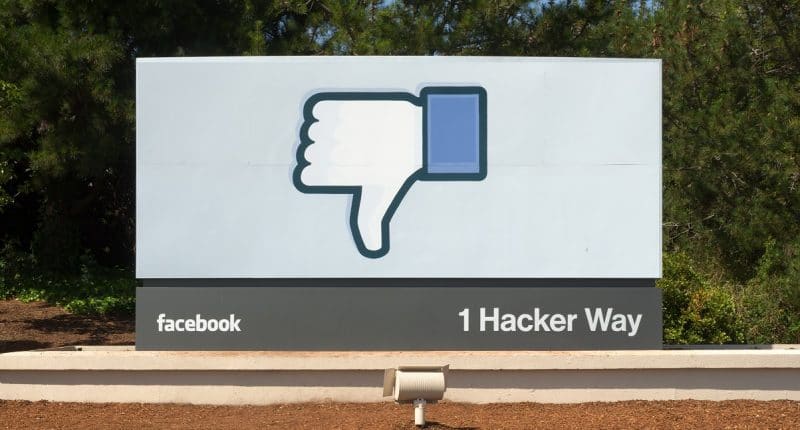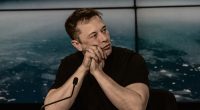If you are a Facebook user in Australia, count yourself unlucky.
Facebook has finally followed through on its threat to restrict access for users and publishers in Australia to share to view news articles on its site as a response to the new proposed media law by the federal government. This comes after the government had announced plans to let online platforms like Facebook and Google pay news outlets to display and link to their content, and Google had threatened to pull out of Australia in retaliation.
Will Easton, managing director for Facebook in Australia and New Zealand, said that this would block links to Australian publishers from being posted, while no Australian users would be able to share or see content from any news outlets, both Australian and international. Easton said that this decision was made “with a heavy heart.” News sites have reported that no posts are showing on their Facebook page as of Thursday morning.
Facebook users said that they were seeing a pop-up error window when they attempted to post links to news, stating these cannot be posted in response to the news media code.
Easton added that publishers gained more from sharing content on Facebook than Facebook itself, and that news content accounted for less than 4% of all content shared. “We hope that in the future the Australian government will recognize the value we already provide and work with us to strengthen, rather than limit, our partnerships with publishers,” he said.
“The proposed law fundamentally misunderstands the relationship between our platform and publishers who use it to share news content,” he said in a blog post on Thursday morning. “It has left us facing a stark choice: attempt to comply with a law that ignores the realities of this relationship or stop allowing news content on our services in Australia.
This announcement came 24 hours after Australia’s treasurer, Josh Frydenberg, tweeted he had “a constructive discussion” with Facebook chief executive Mark Zuckerberg. “He raised a few remaining issues with the government’s news media bargaining code and we agreed to continue our conversation to try to find a pathway forward,” Frydenberg tweeted.
Australia’s communications minister Paul Fletcher took a different view of the matter, stating that the government would not back down on its legislative agenda. “This announcement from Facebook, if they were to maintain this position, of course, would call into question the credibility of the platform in terms of the news on it,” Fletcher said. “Effectively, Facebook is saying to Australians information that you see on our platforms does not come from organizations that have editorial policies or fact-checking processes or journalists who are paid to do the work they do.”
Facebook’s move is in contrast with that of Google, which had earlier threatened to pull out of the country if the law was implemented. It announced on Wednesday that it had struck agreements with some of Australia’s biggest publishers, including News Corp, Nine Entertainment, and Seven West Media, where it can continue to display news story links from the company on its services. Google said that it will continue to provide Australian users with accurate information from its growing list of information hubs.





